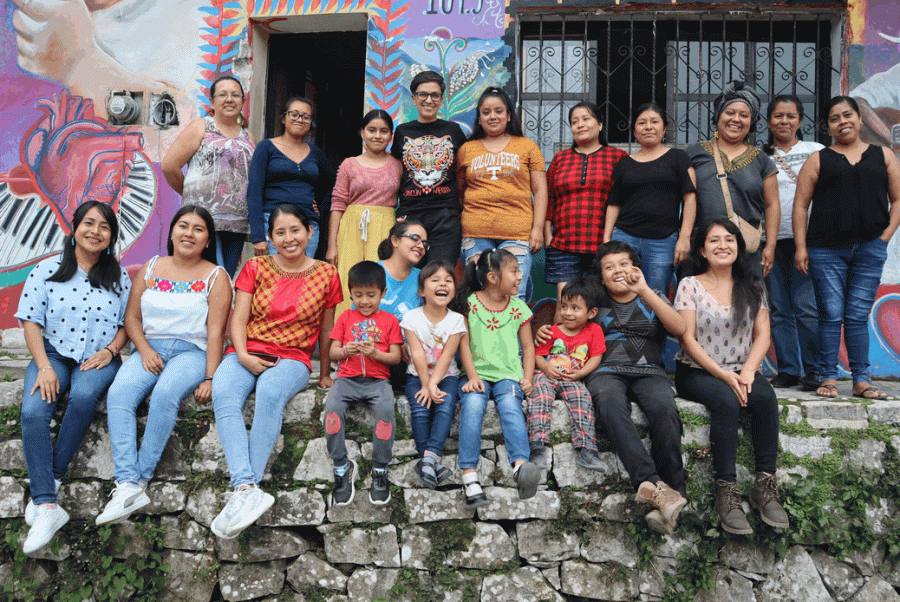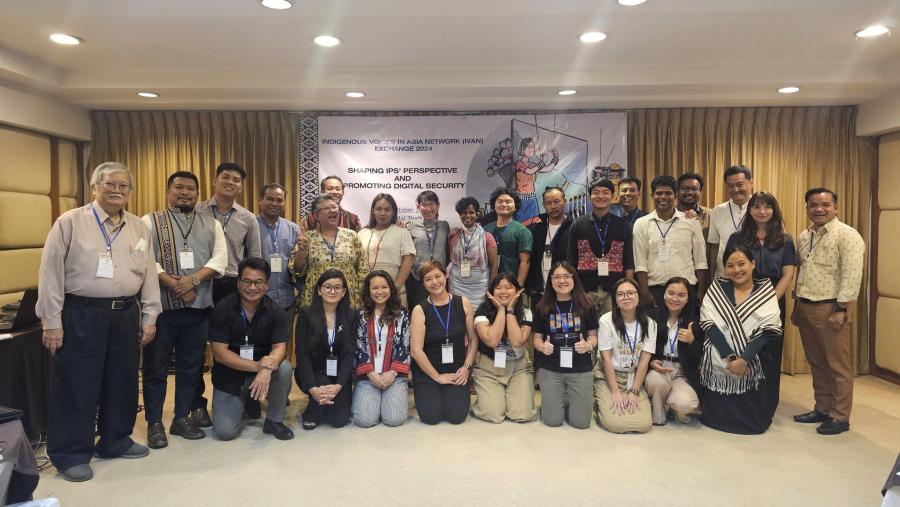
"1. Indigenous Peoples, in particular those divided by international borders, have the right to maintain and develop contacts, relations and cooperation, including activities for spiritual, cultural, political, economic and social purposes, with their own members as well as other peoples across borders.
2. States, in consultation and cooperation with Indigenous Peoples, shall take effective measures to facilitate the exercise and ensure the implementation of this right."
-- Article 36, United Nations Declaration on the Rights of Indigenous Peoples
Indigenous Leaders Speak on Borders and Migration
In Asia, the ancestral lands of many Indigenous Peoples have been cut across national borders. Since anti-terror laws and counter insurgency laws were introduced, Indigenous Peoples have been suspected of being insurgents or terrorists, and have been barred from traveling across borders to visit relatives. There should be no borders for Indigenous Peoples as they have existed in those territories long before these nation States came into being. More importantly, ILO Convention 169 and the UN Declaration on the Rights of Indigenous Peoples recognizes the rights of Indigenous Peoples to maintain sociocultural relations across State borders. In this program Cultural Survival's Dev Kumar Sunwar interviews Victoria Tauli-Corpuz, Joan Carling and Raja Devashis Roy.
Borders and Migration: An Interview with Aslak Holmberg
Governments or states make use of geographical boundaries to demarcate territories. Political entities come to agreements on which area belongs to whom. In some cases, borders are agreed upon by two countries, and in other cases it may have been suggested by a third party like an international conference. In many cases, borders are imposed on places, without taking into consideration the people who live in that area. In this program, we speak to Aslak Holmberg from the Sami Council in Finland, who tells us how borders have affected his life, as well as his environment.
Indigenous Migrants at the US/Mexico Border
Migrant families from Central America and elsewhere have had to endure being separated. Foster homes and shelters have become the temporary home to many children, some of them being toddlers. Bureaucratic errors could leave government officials unaware that a child’s parent is in the U.S. What happens when the parents cannot speak English or Spanish?
KNBA News: Arctic Winter Games cancelled
The Arctic Winter Games has been cancelled amid Corona Virus fears.
This sports event is the world's largest multisport and cultural event for young people of the Arctic. This bulletin was produced by KNBA news.
Cultural Survival Global News Bulletin 008 March 2020
A Global News Bulletin on the topic of Indigenous rights. In this edition:
- Ainu People in Japan ready to open new park and museum.
- No Free, Prior and Informed Consent for a hydropower project in Nepal
- Skeletal remains in Gabon reveal much
- Aboriginal Australians restrict foreign visitors to limit Corona infections
- Language activist represents Nama language on International Mother Tongue Day
- Mexican sisters' bodies sent home in a cardboard box
- Costa Rican Indigenous activist Jhery Rivera killed







